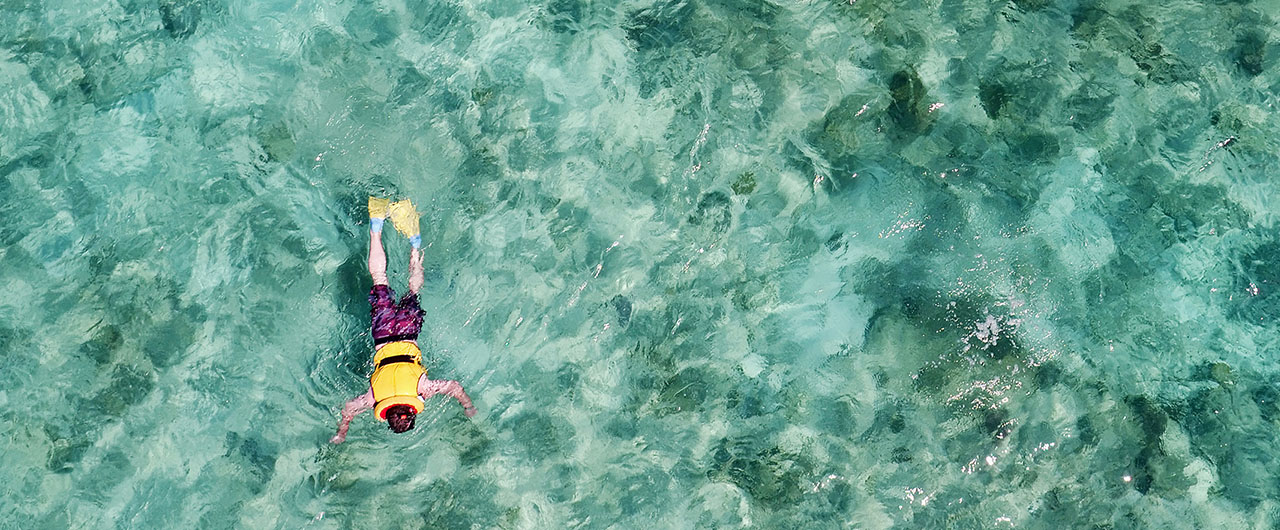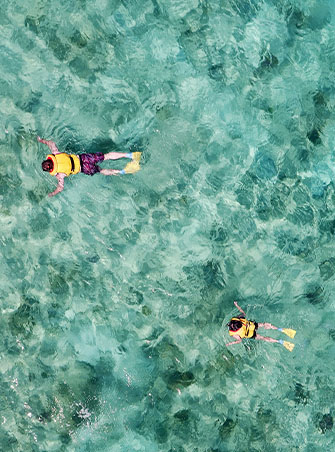Weather in Fiji


Bask in Fiji's Eternal Sunshine: A Dive into Its Weather
Sub-Tropical Paradise
Fiji's weather is as inviting as its picturesque landscapes, offering a mild and welcoming climate year-round. Nestled in the South Pacific, Fiji enjoys a tropical paradise with no distinct winter season, just varying degrees of warmth. The average daily temperature hovers between a balmy 26°C to 31°C, providing the perfect setting for beachside relaxation or adventurous exploration.
Diverse Weather Patterns
Despite its small size, Fiji boasts diverse weather patterns, thanks to its topography. The bigger islands, such as Viti Levu and Vanua Levu, exhibit variations in rainfall and humidity due to their tall mountain ranges and prevailing southeast trade winds. The eastern regions of these islands tend to be wetter, showcasing lush tropical rainforests ideal for hiking and bird-watching. In contrast, the western regions are drier, featuring dry forests and grasslands that offer stunning vistas and hiking opportunities.
Consistency Across Islands
Smaller islands in Fiji tend to have more consistent climates across their land area, providing a stable environment for visitors. Whether you're seeking adventure in the rainforest or relaxation on the beach, Fiji's diverse weather ensures there's something for everyone.
Does Fiji Get Tropical Cyclones?
Fiji lies in a part of the Pacific which can be prone to tropical cyclones. These can occur in the summer season when temperature and rainfall soars between November and April. While they can be destructive, they're also relatively rare with only a few causing major damage while others pass by with only short-lived disturbances.
If you're visiting during this time, just keep an eye on the weather and follow any safety instructions given by the local authorities. Read our safety tips for travellers article for more information on what to do during a tropical cyclone.
Check out the Windy website or app for the most accurate weather forecast around your holiday dates.
When is the Best Time to Visit Fiji?
The best time to visit Fiji really depends on your personal preference.
The peak tourist season coincides with the school holidays during the dry, winter season from May to October with pleasantly cooler temperatures and less rain. It also coincides with manta ray season and underwater visibility tends to be greater for scuba diving too so if you’re a keen diver, that’s the best time to go.There is another smaller spike in December and January during the festive season and Southern Hemisphere summer break. Peak season does mean more tourists though and therefore higher prices, so you'll need to balance your budget vs. your need for perfect weather.
On the other hand, summer’s wetter season from December to January is ideal if you're looking to take advantage of great value, off-season deals on flights and accommodation and don't mind some short bursts of rain and more humid days.
But no matter when you choose to visit Fiji, you can expect warmth, sunshine and friendly locals who will go out of their way to make your trip unforgettable!